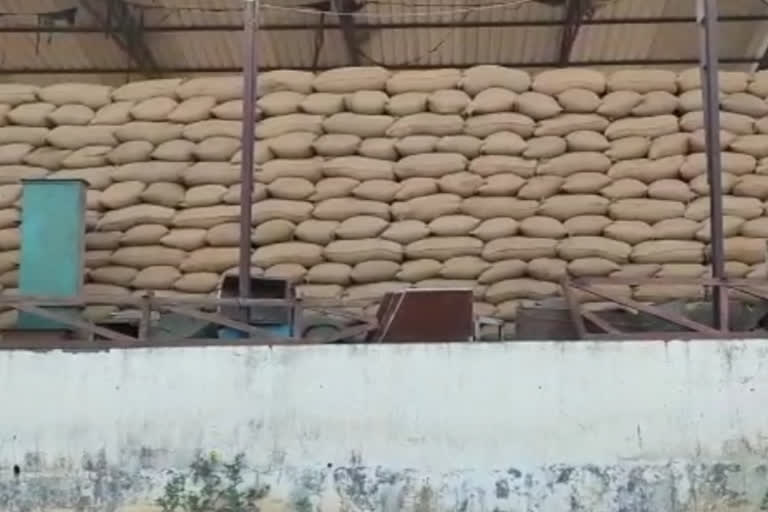Hyderabad: The steep rise in the prices of petrol, diesel and LPG has badly hit the lives of the poor and middle classes. The sky-rocketing of cooking oil prices and the surging rates of lentils and other essential commodities are bringing tears to the eyes of the housewives, turning the household budgets topsy-turvy.
While the government maintains that when compared with the price index of October last year the prices of essential commodities are in control this year, the ripple impact of the petroleum fuel price hike is giving wings to prices. While the price of cooking oil has crossed Rs 150 per litre, the rate of toor dal has passed Rs 100 a kg. The rate of tamarind too is flying skywards. This tendency has grossly restricted people’s purchasing choices.
The prices of essential commodities rose by 37 percent in a span of one month. The rise in petroleum charges nullified the reduction in import duties on edible oil and caused 35 percent rise in their prices just in one month.
The political crisis in Myanmar has grossly affected India’s import of black gram. This has led to a situation where the household idli and dosa became much costlier. More than 70 percent of India’s edible oil requirements are met by its imports. Grossly dependent on external forces, the country is now paying a heavy price for the scarcity of labour in palm oil fields of Indonesia and Malaysia and also the drought in the Soyabean producing Argentina. Reduced sunflower yield in Ukrain has adversely affected edible oil imports to India.
Also read: Cabinet nod for India-Fiji MoU in farm, allied sectors
After the USA, India is the country with the most extensive cultivable land in the World. Yet it is dependent on small countries for items like edible oil and pulses. How can the country attain Atma Nirbharata (Self Reliance) when it is dependent on external forces for its food requirements?
India imports 80 percent of its crude oil requirements. This can be understood in the backdrop of the constraints of natural endowments. How can we justify the import of food items in the backdrop of the fact that the country takes pride in being an agricultural nation and its farmers are capable of producing gold from the soil?
India’s share in the global imports of edible oils was 0.9 percent in 1961. By the year 2019, this quantum rose to 12 percent of the worldwide imports. While revealing that the country spends Rs 65000 crore to Rs 70,000 crore on edible oil imports, Prime Minister Modi has stated that all that amount should in fact belong to the country’s farmers. The farming community is, however not trusting the words of the Prime Minister when he says that the farm reform laws were meant to improve India’s agriculture potential.
Though the Center is claiming that it has directly transferred Rs 1.15 lakh crore into the bank accounts of 10.75 crore farmers, the ryots of the country are not expecting such sops from the government. All that the farmers expect from the government is remunerative price for the yield they achieve after year-long toil. Already numerous farmers have abandoned farming due to the hardships and losses involved in it. As a result, the agriculture fields surrounding the country’s cities are turning into real-estate ventures.
Also read: Farm laws an option, not imposition, reiterates Piyush Goyal in Lok Sabha
India should come out of its false contentment that it has attained self-reliance in food production. Time is up for the country to extend support to the farmer in turning it into a farm green nation. Which country can help a country of India’s size and population if it is caught in a food crisis? That is why the need of the hour is to adopt a comprehensive national strategy to support farmers raising food crops. That alone can make the country self-reliant in food production.



